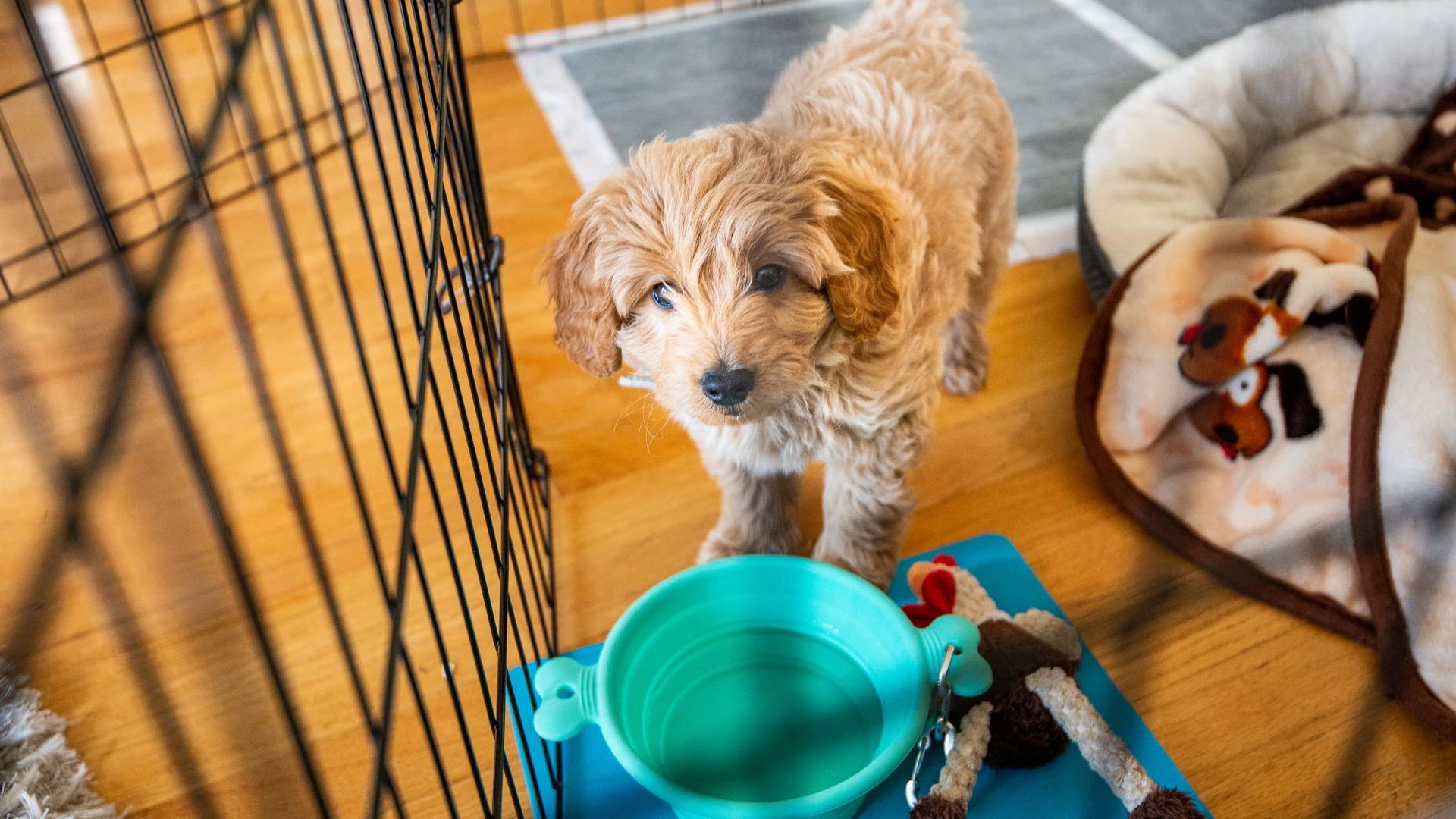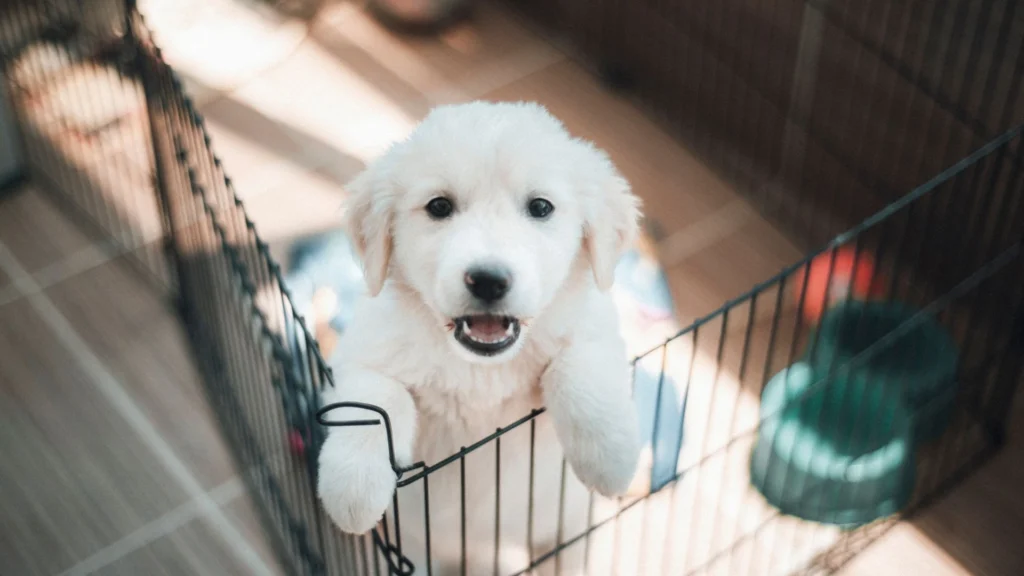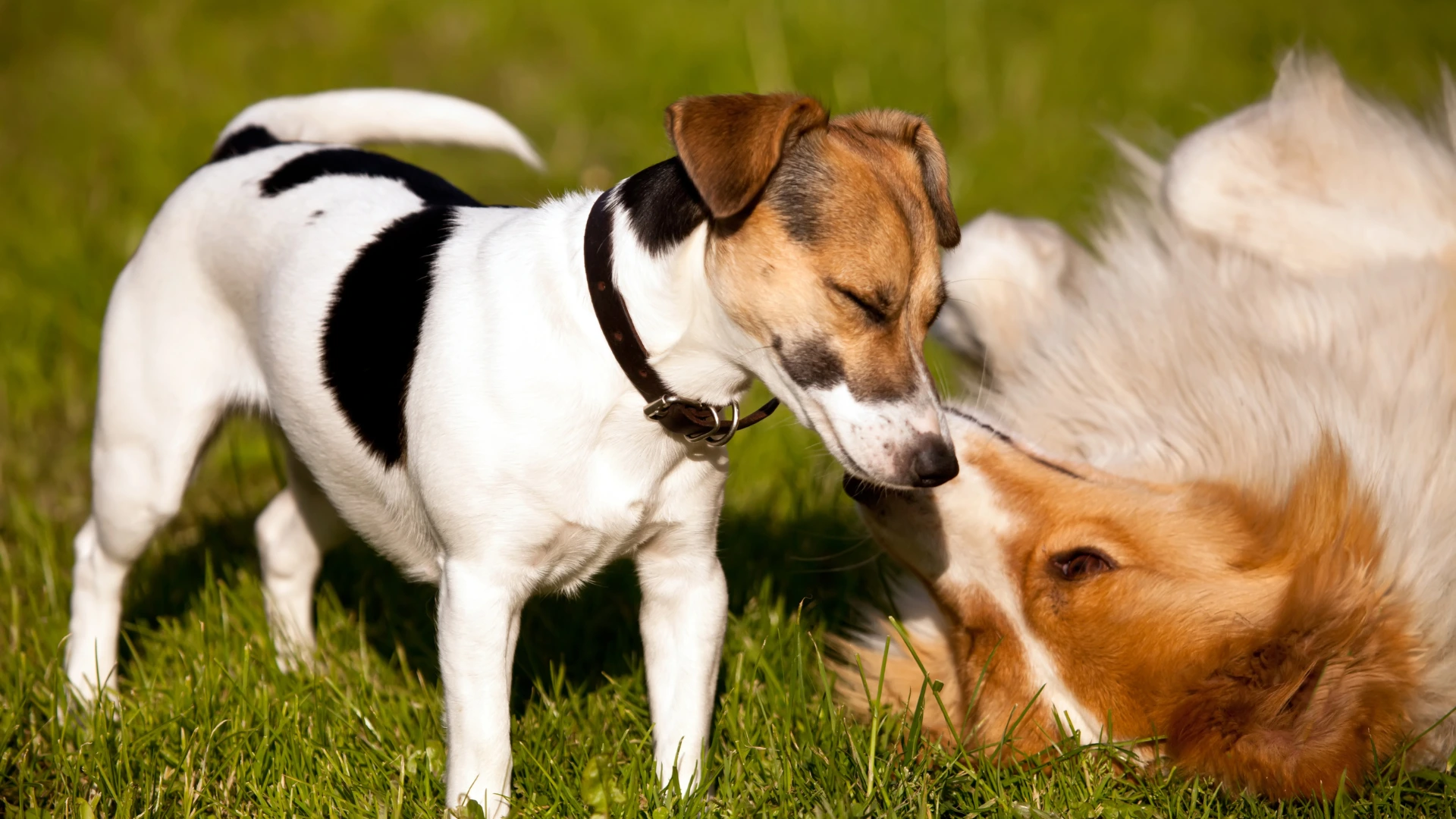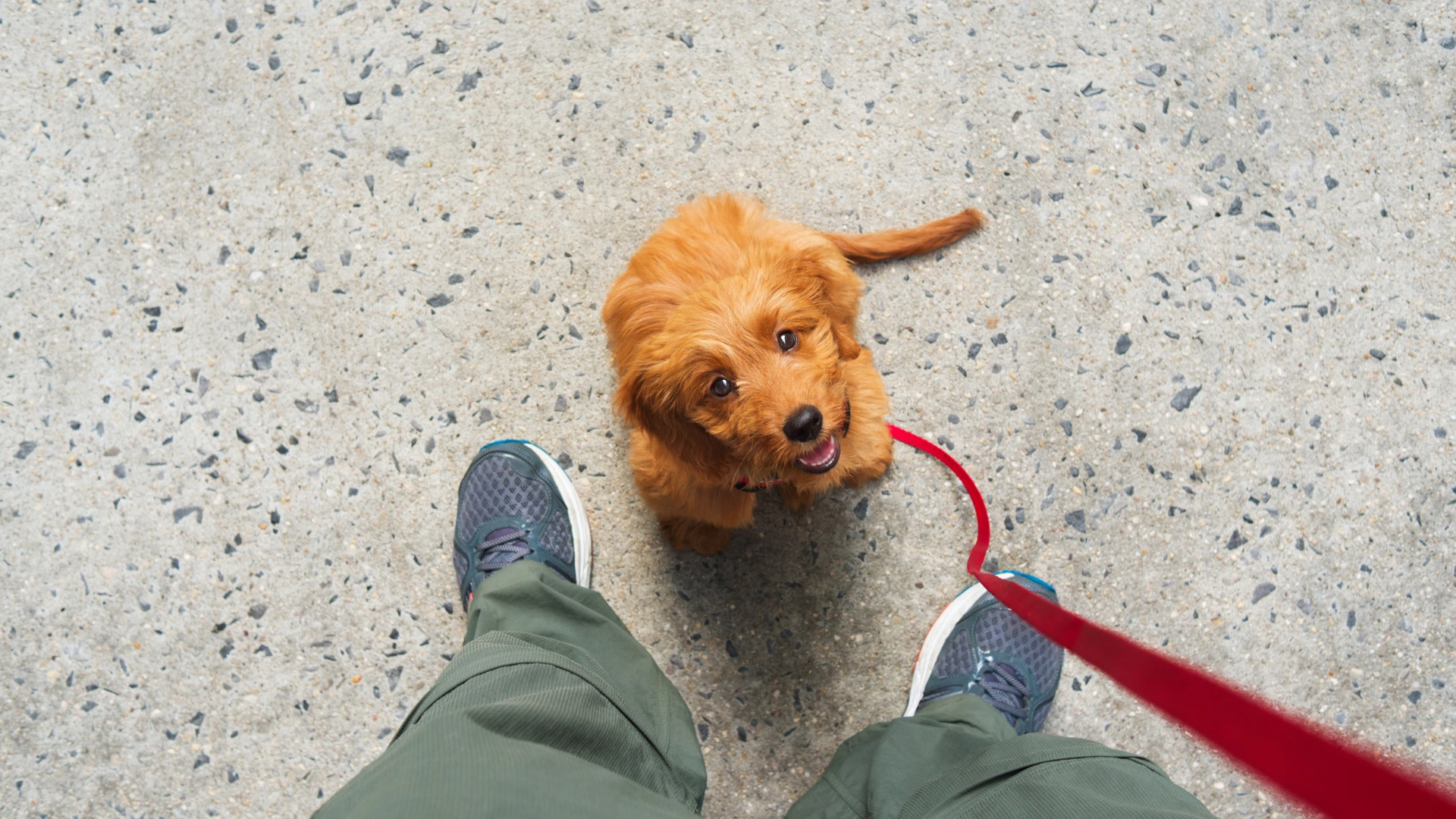Potty training is one of the first and most essential steps in raising a well-behaved puppy. A solid foundation in housebreaking not only keeps your home clean but also helps your dog understand structure, boundaries, and trust. In this article, you’ll discover expert-recommended strategies to successfully potty train your puppy with confidence—whether you’re a first-time dog owner or just need a quick refresher.
When to Start Potty Training Your Puppy
Puppies are ready to start potty training as early as 8 weeks old. This is when they begin developing bladder and bowel control, making it the ideal time to establish good habits. Waiting too long can lead to inconsistent behavior and more difficult corrections down the line.
Signs your puppy is ready for potty training include:
- Sniffing or circling before elimination
- Whining or pacing
- Going to the door or potty area
- Consistently waking up dry from naps
Starting early, being consistent, and recognizing your puppy’s signals will help speed up the process.
Setting Up for Success
Creating a successful potty training routine starts with preparation. Set your puppy up for success by controlling their environment and providing consistent guidance.
Designate a Potty Area
Pick a specific spot outside or in your home (if using pads) where your puppy will eliminate. This consistency helps them associate that area with going potty.
Choose the Right Tools
- Puppy pads: Great for apartment living or early stages
- Crate: Helps with confinement and nighttime bladder control
- Leash: Use to guide your puppy to the potty area without distractions
Establish a Routine
Dogs thrive on consistency. Set regular feeding, play, and potty times. Most puppies need to relieve themselves:
- After waking up
- After meals
- After playtime
- Before bed
Sticking to a routine prevents accidents and speeds up learning.
The Power of a Consistent Schedule
Timing is everything in potty training. Puppies have small bladders and need frequent breaks, generally every 1–2 hours, depending on age.
Sample Potty Schedule by Age:
- 8–10 weeks: Every hour while awake, plus immediately after naps and meals
- 10–12 weeks: Every 2 hours, gradually spacing out
- 3–6 months: Every 3–4 hours during the day
- 6 months+: Every 4–6 hours, depending on size and development
Meal Timing
Feed your puppy at the same times each day. Predictable meal times lead to predictable potty times, which allows you to anticipate and prevent accidents. Consistent feeding schedule also helps you track your puppy’s digestion and spot any changes in their health early on.
Using Positive Reinforcement Techniques
Reward-based training builds trust and creates motivation for your puppy to repeat good behavior.
Why Praise and Rewards Matter
Always praise or treat your puppy immediately after they go in the right spot. This creates a strong positive association with the action. Use a consistent cue like “Go potty” to help them connect the command with the behavior.
What to Do During Accidents
- Avoid punishment: Yelling or scolding only creates fear.
- Interrupt gently: If you catch them mid-act, calmly guide them to the proper potty area.
- Clean thoroughly: Use an enzymatic cleaner to eliminate odors that might encourage repeat accidents.

Crate Training and Its Role in Housebreaking
Crate training is one of the most effective potty training tools because dogs naturally avoid soiling their sleeping area. By sleeping in a crate, your puppy learns to hold their bladder until you let them out. This is especially useful overnight or during short periods when you can’t supervise.
Tips for Crate Use
- Ensure the crate is the right size—not too big, not too small
- Take your puppy out immediately after crate time
- Never use the crate as punishment
- Keep it comfortable and positive with toys and treats
With time, your puppy will associate the crate with relaxation and will develop better bladder control as a result.
When to Call a Professional Trainer
Even with the best plan, some puppies may struggle with potty training due to anxiety, fear, or inconsistencies in early care.
Signs You May Need Help
- Frequent accidents even with a schedule
- Regression after progress
- Fear or confusion during training
- Marking behavior in the home
A certified trainer can assess your puppy’s behavior and tailor a potty training plan that suits their specific needs. With professional guidance and consistent techniques, you’ll be able to overcome setbacks and make progress more quickly.
Potty Training Success Starts with Consistency and Support
Housebreaking your puppy doesn’t have to be stressful. With consistency, a clear routine, and positive reinforcement, most puppies catch on quickly and begin to understand their potty responsibilities within a few weeks.
If you’re feeling overwhelmed or just want professional guidance, Epic Dog Academy is here to help. Our trainers specialize in customized puppy programs designed to take the stress out of potty training.
📞 Call us today at (951) 389-0097 or visit our Contact Page to get started with expert puppy training that sets the foundation for lifelong success.



